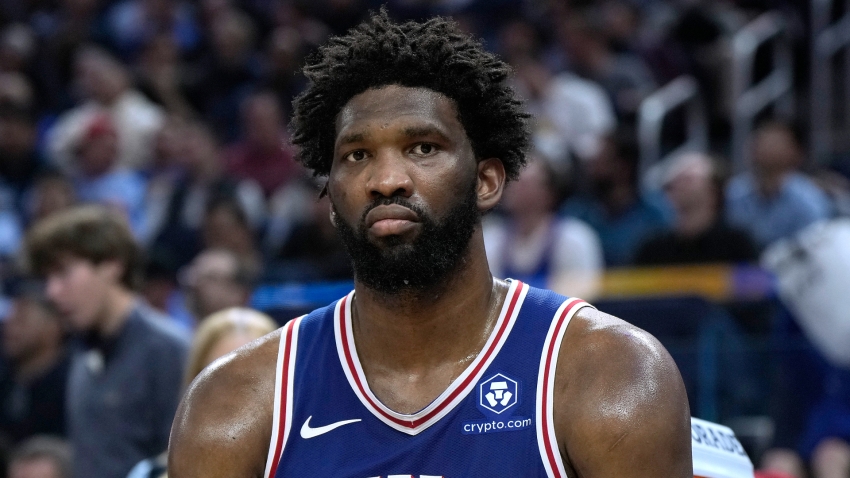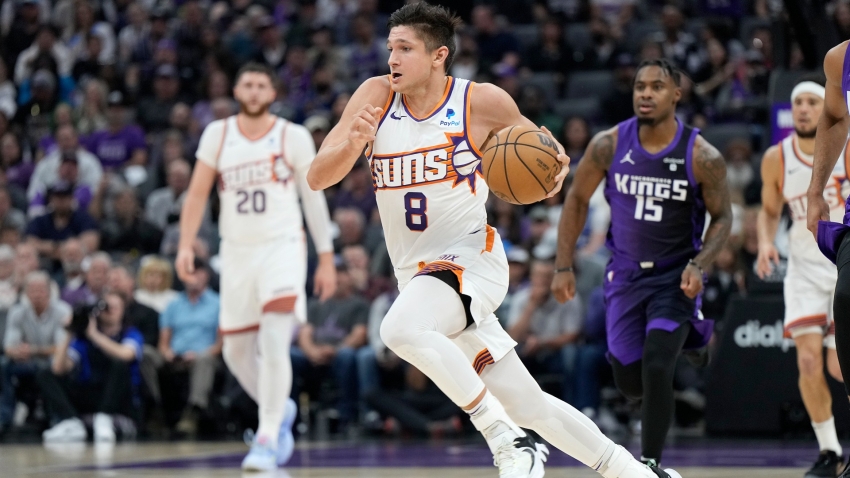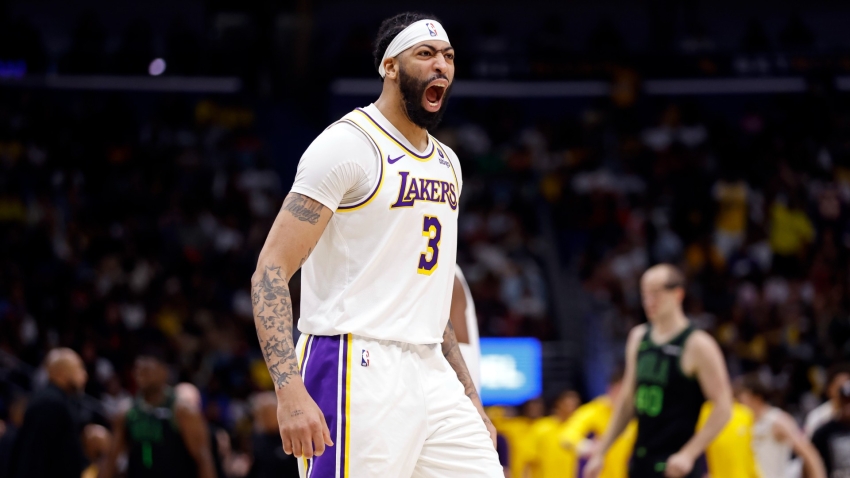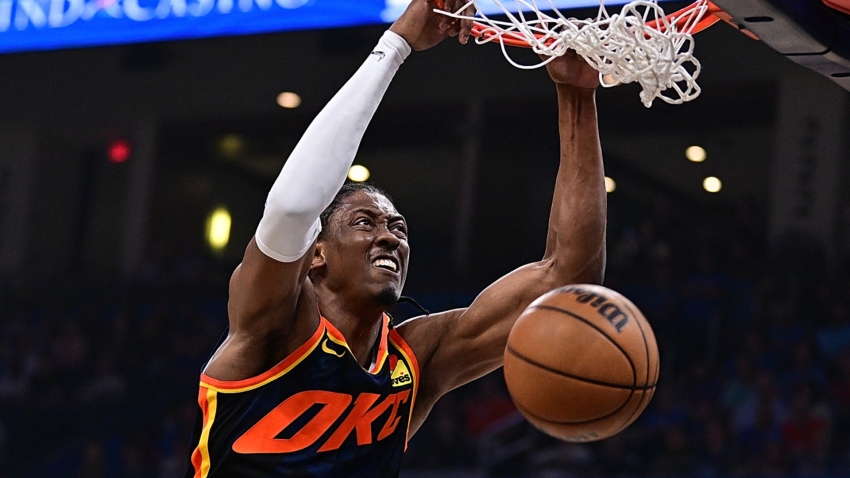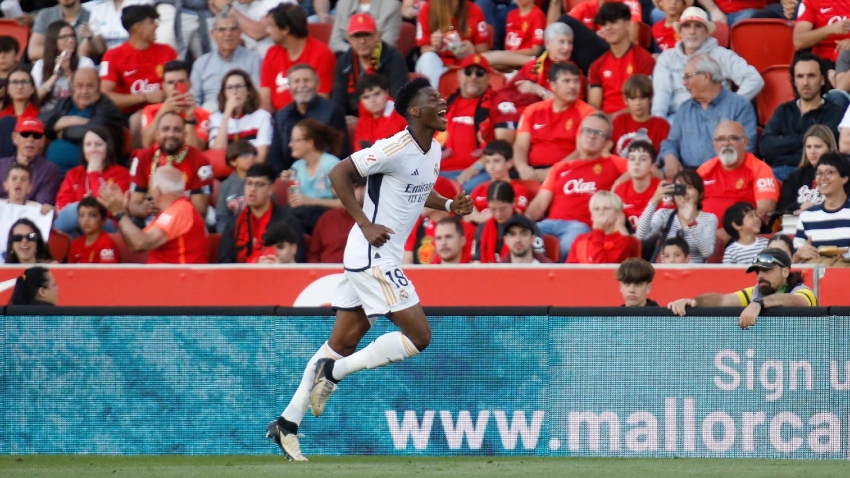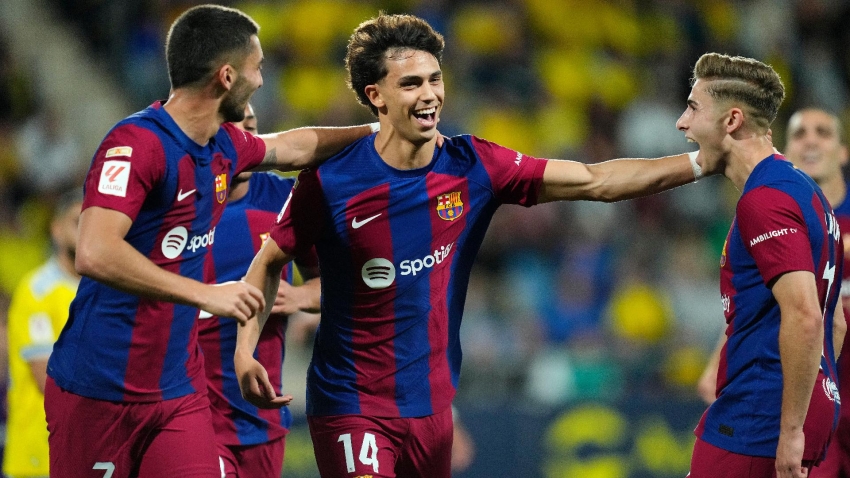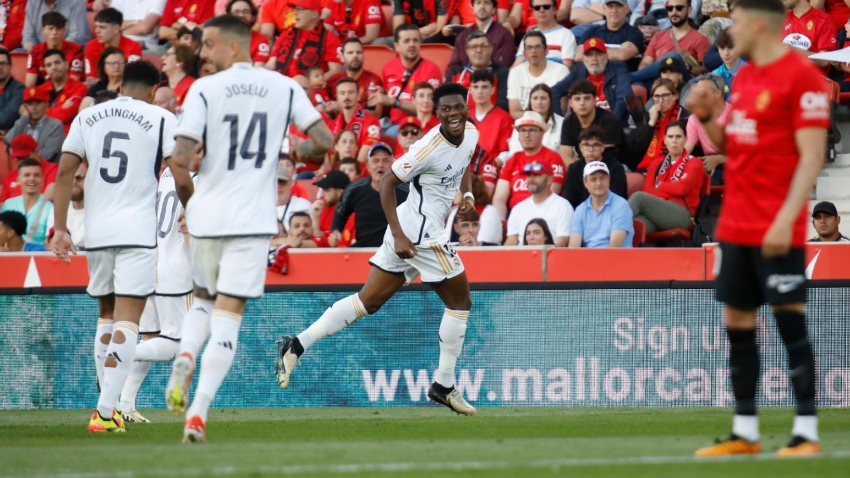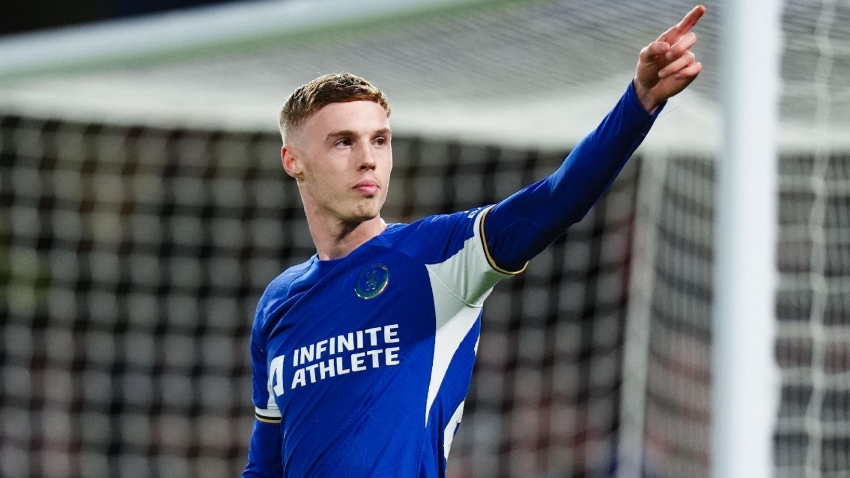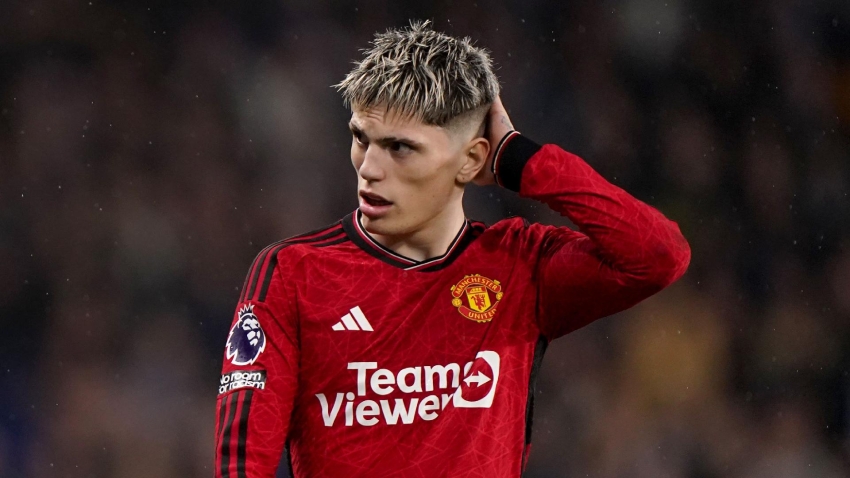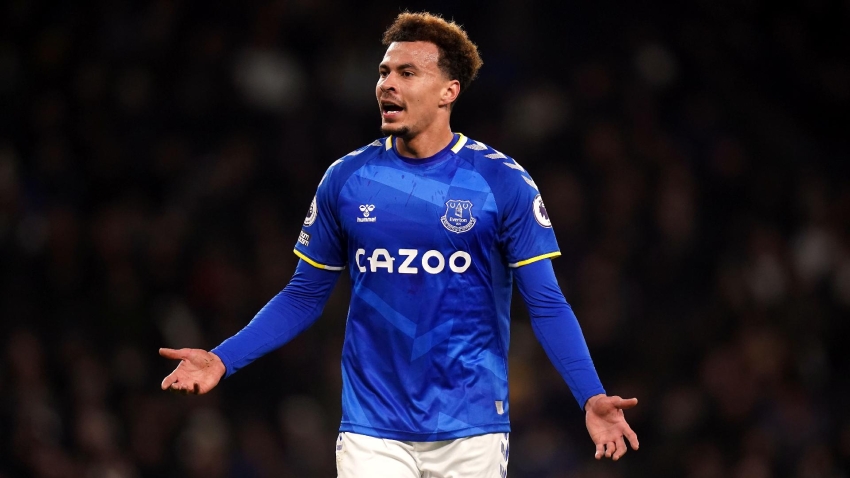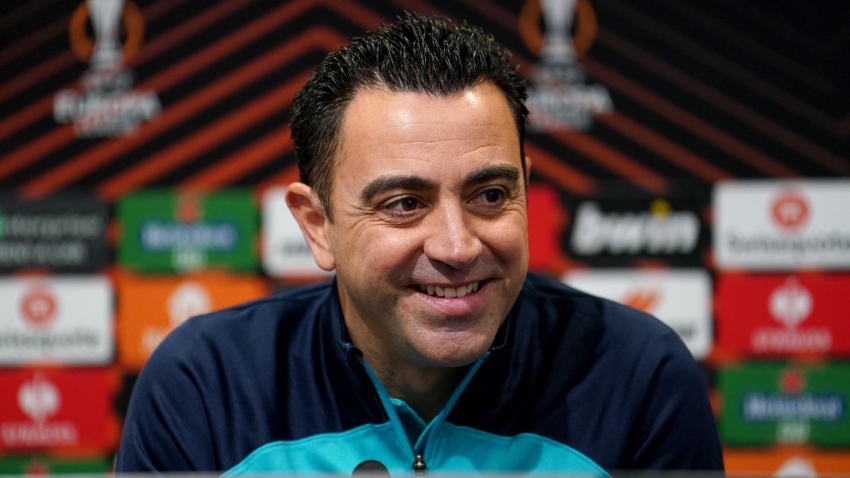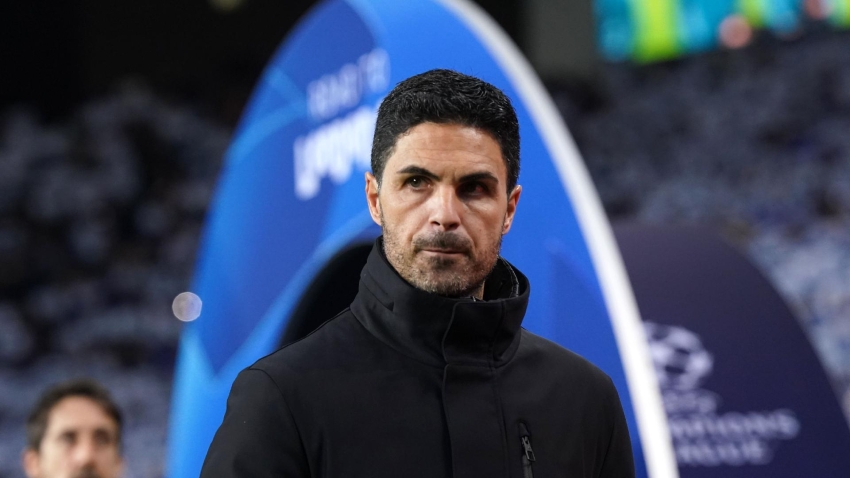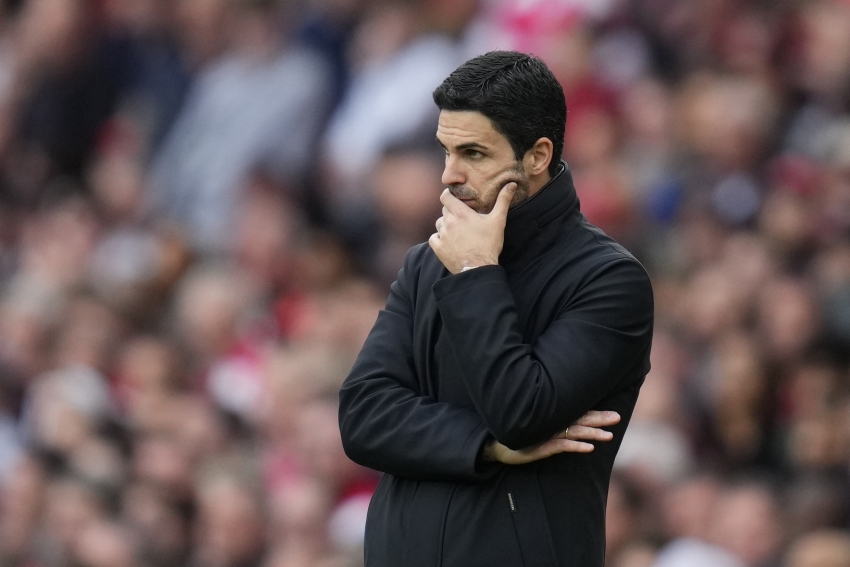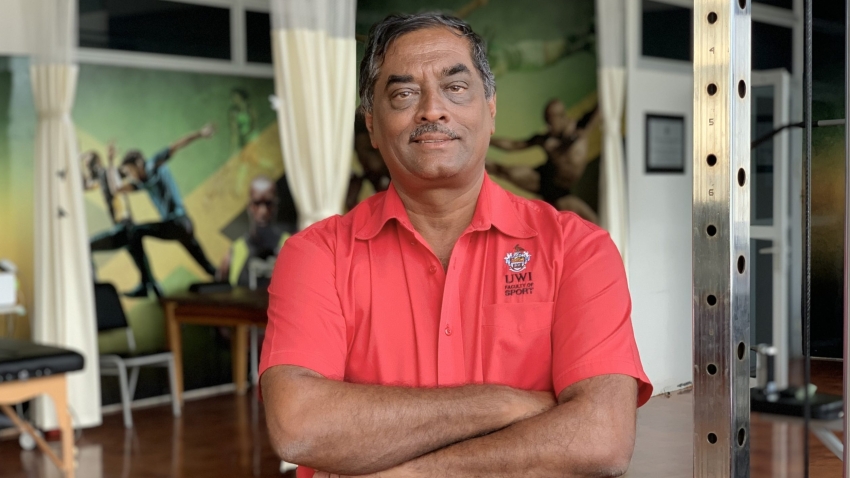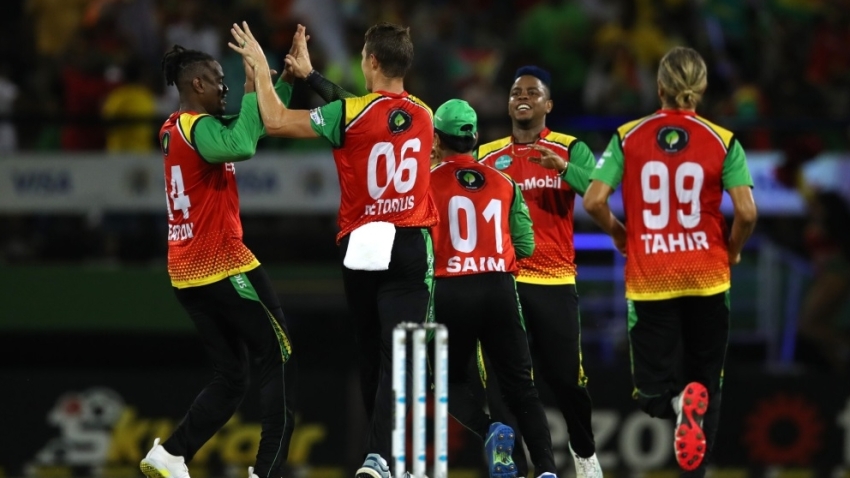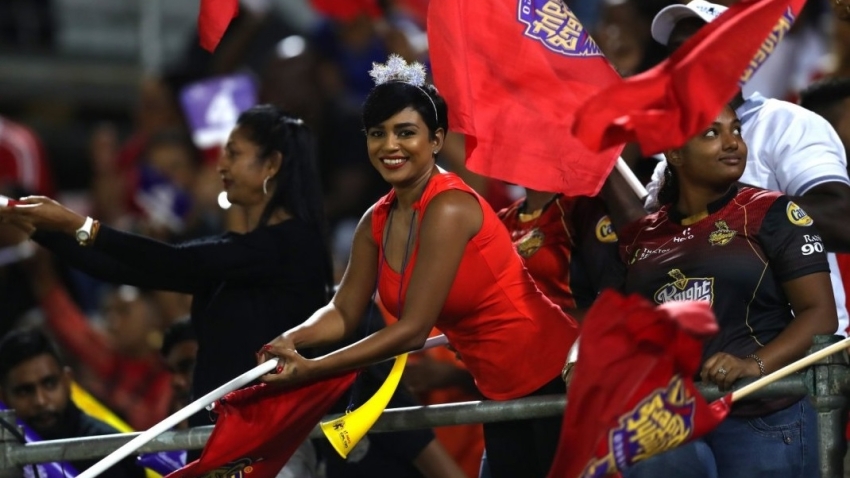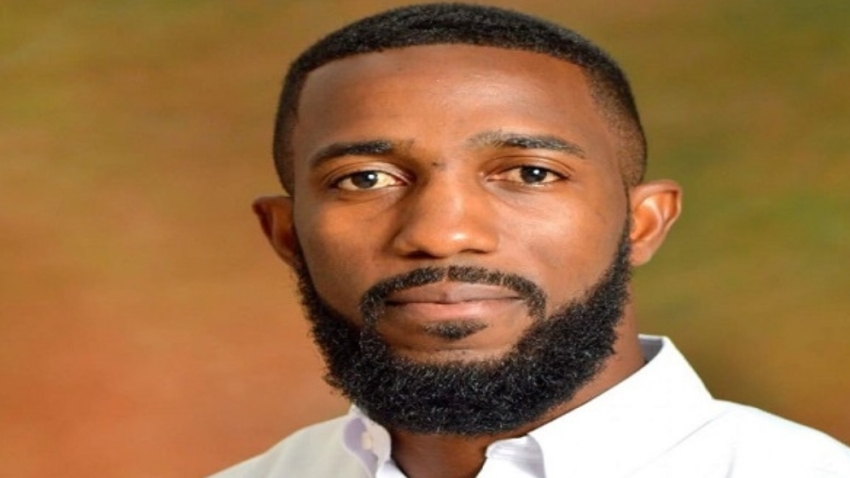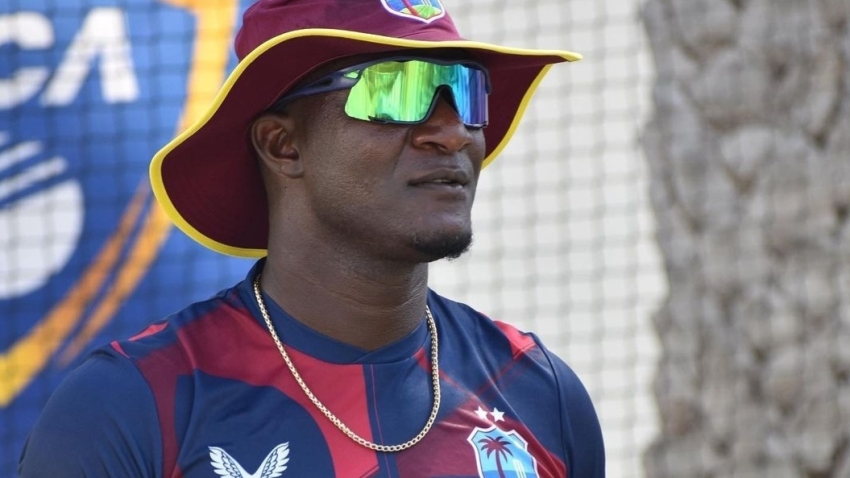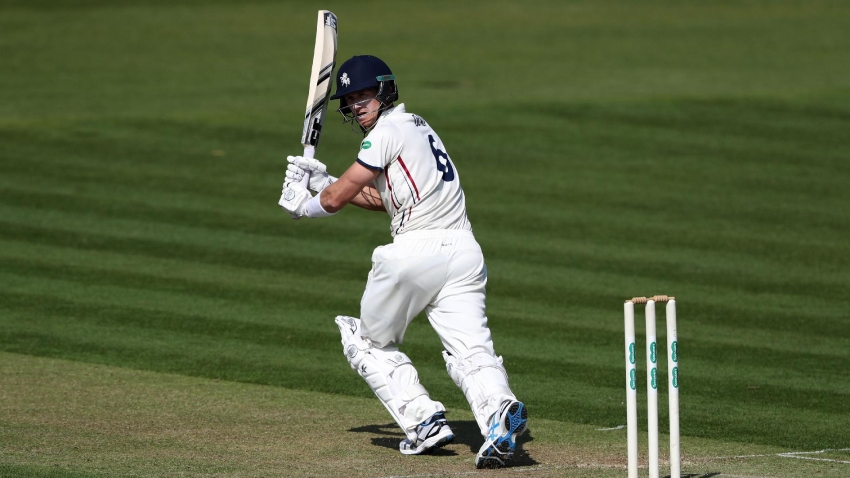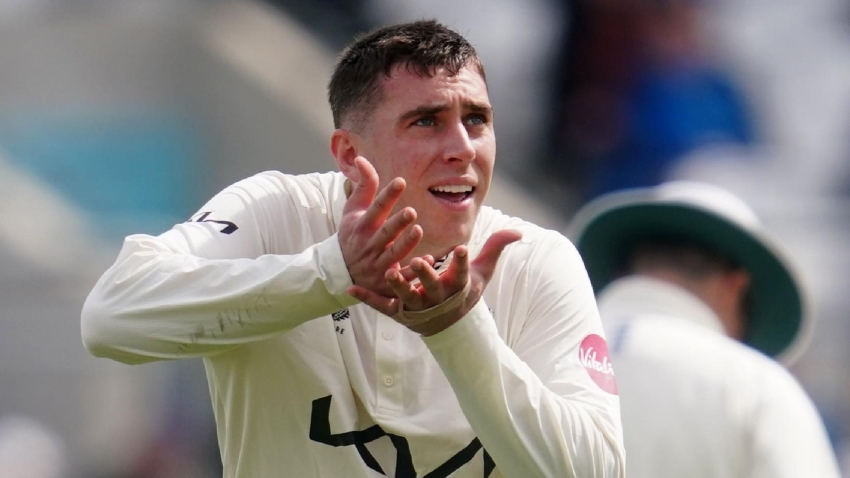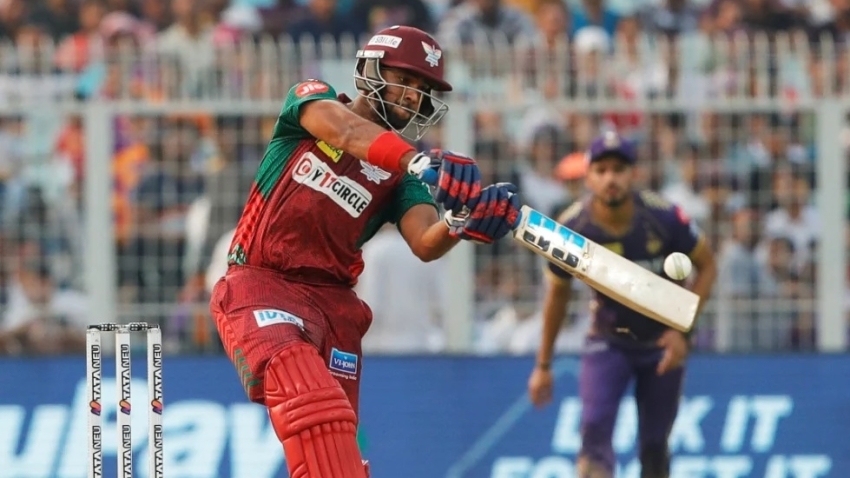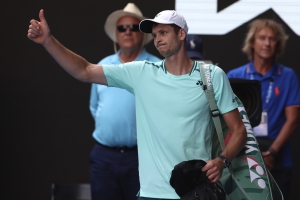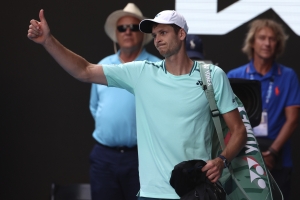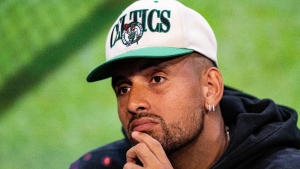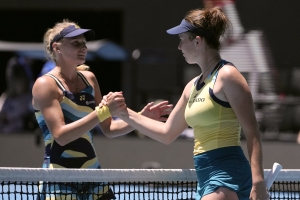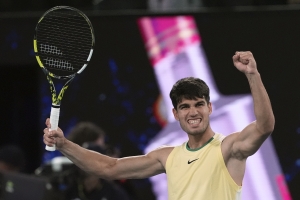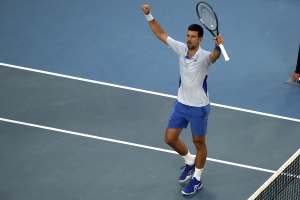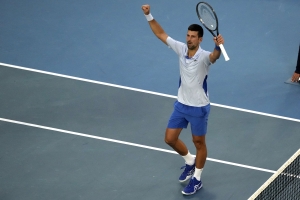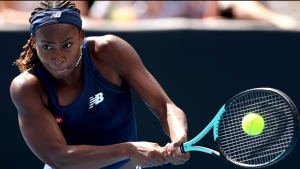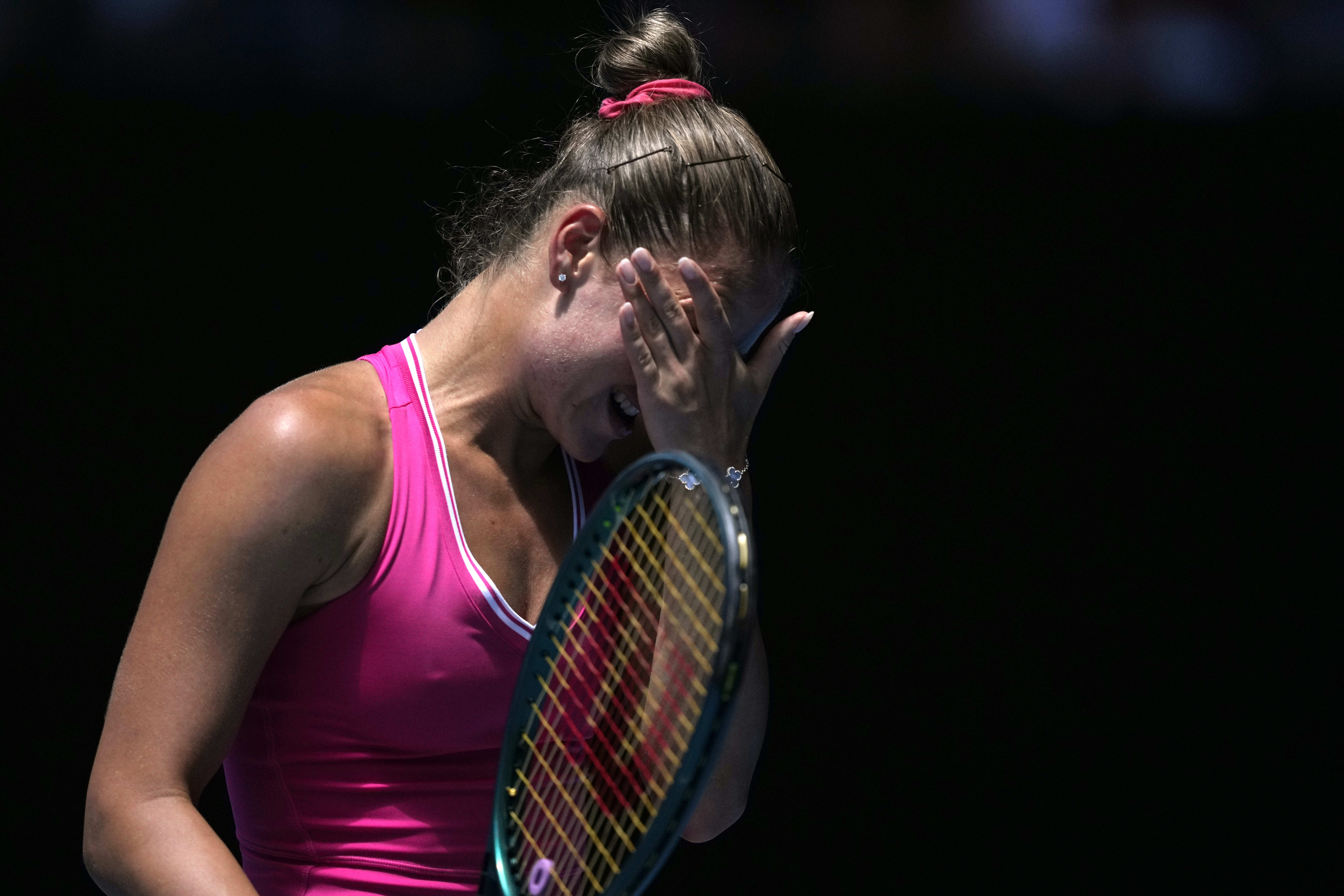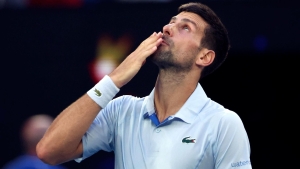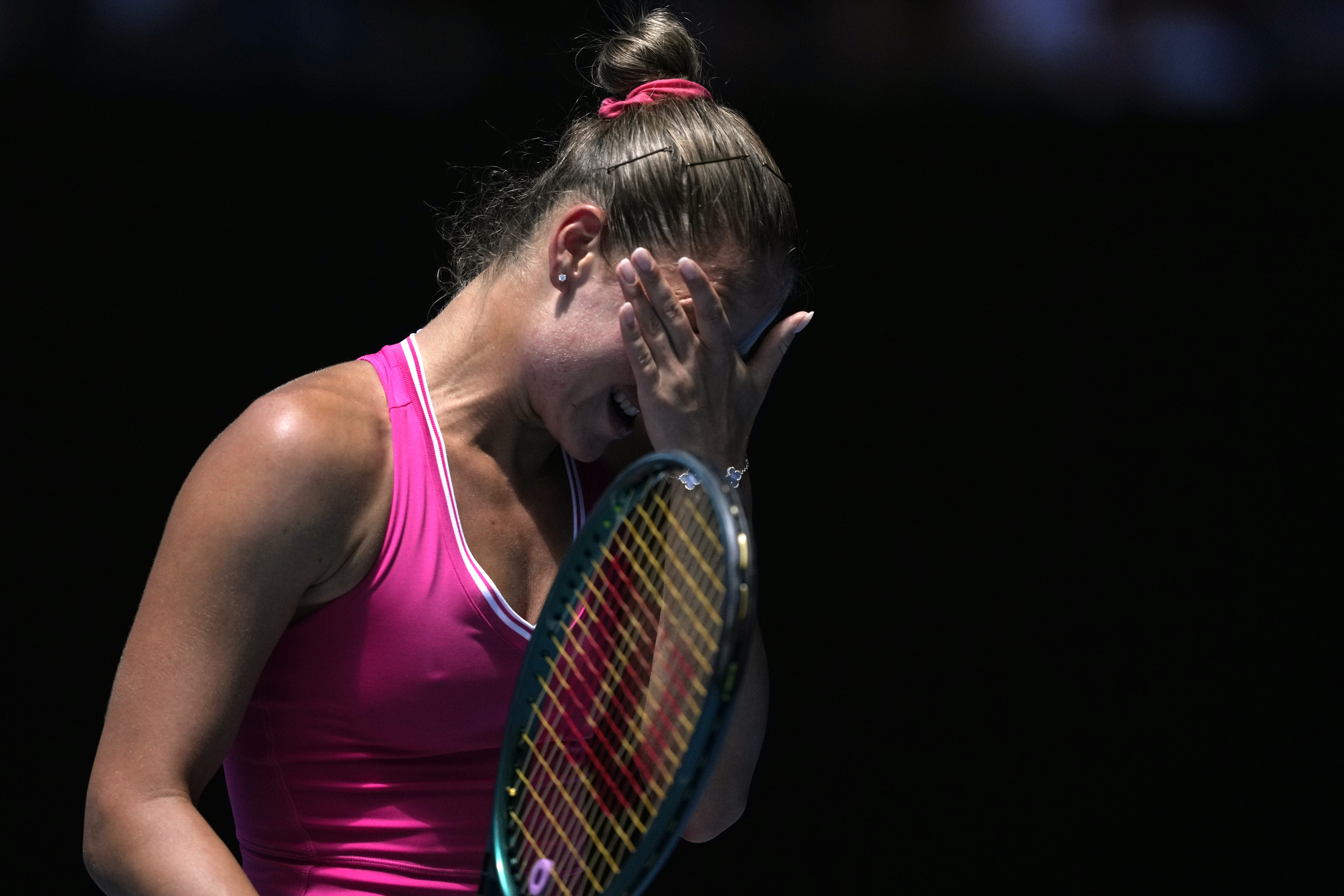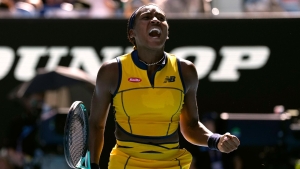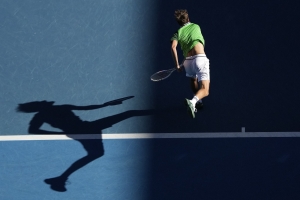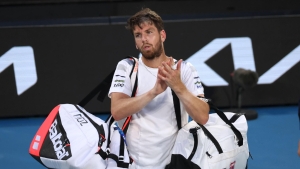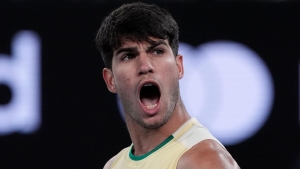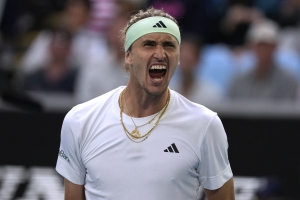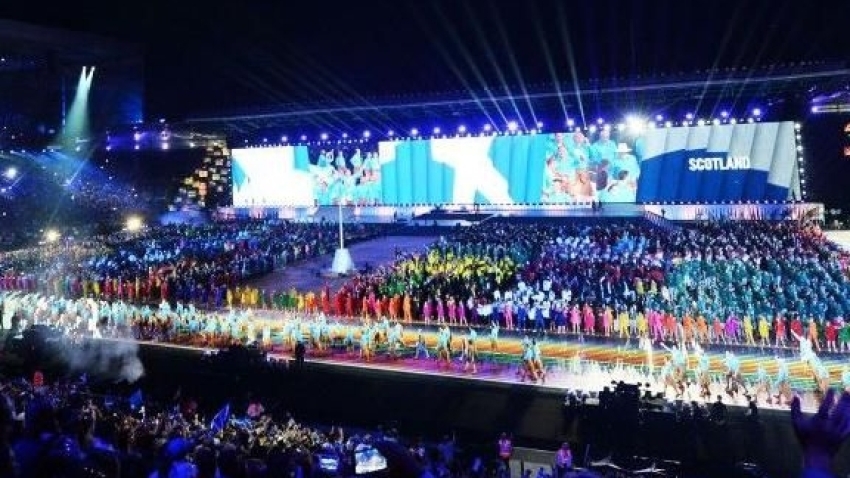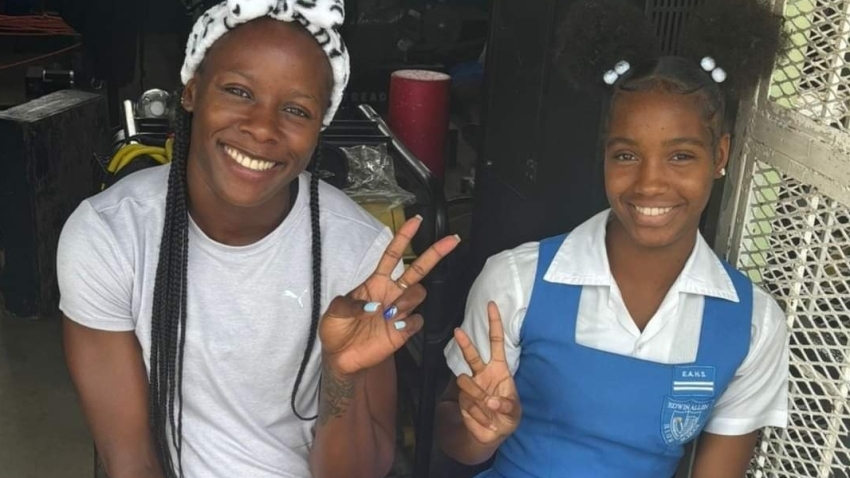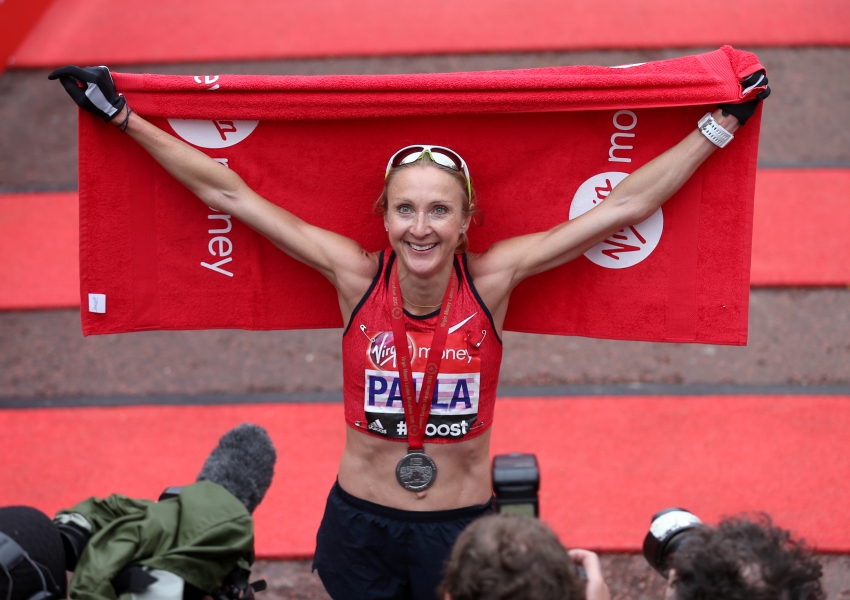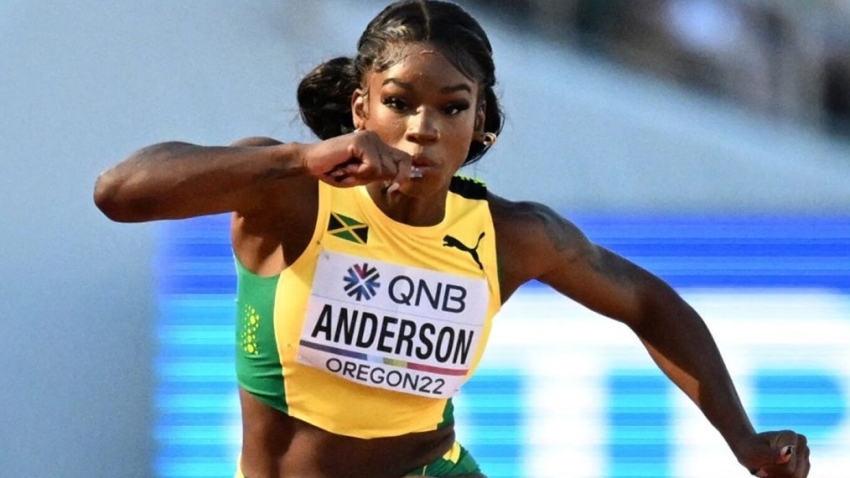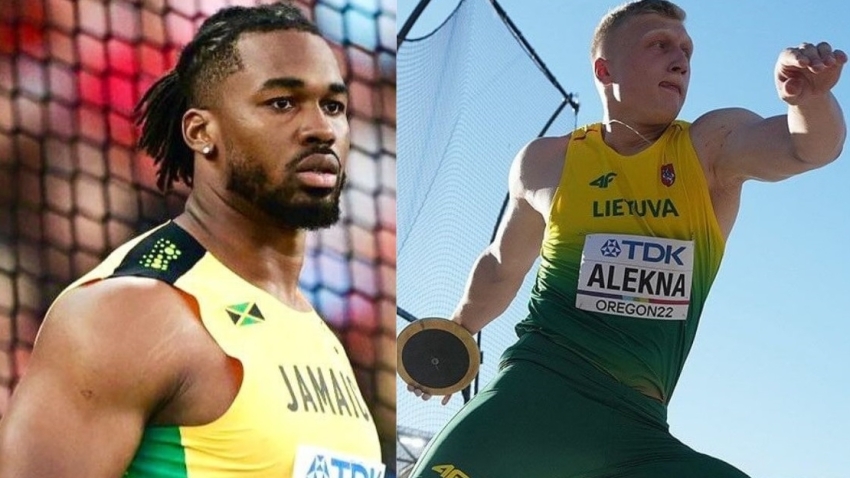Cameron Norrie leaves Australia convinced he can compete with the world’s best after suffering an agonising five-set loss to Alexander Zverev.
The British number one broke new ground with a brilliant attacking display to defeat Casper Ruud in the third round of the Australian Open on Saturday and again showed the new dimensions he has added to his game to push the sixth seed all the way to a deciding tie-break.
Norrie, who had not won a set in their four previous meetings, twice came from behind to force a decider but it is Zverev who moves through to the quarter-finals after a 7-5 3-6 6-3 4-6 7-6 (10/3) victory.
Norrie, the final British singles player standing, reached the Wimbledon semi-finals in 2022 but the draw opened up for him and he did not have to beat a top-30 player, which has certainly not been the same here.
The 28-year-old is still yet to beat a top-10 opponent at a grand slam, but he said: “I think Sascha (Zverev) is probably one of the best players in the world at the moment, and playing close with him and somewhat deep in a grand slam, losing in five sets, a few points in it, I think it’s exactly where I want to be.
“I can take a lot of confidence from that. It’s disappointing but I think it’s nice to know I’m just looking for ways to evolve my game. I was toe-to-toe with him. I got absolutely chopped by him in Vienna at the end of last year, and I managed to take a completely different approach.
“I think there’s still lots to come. I’m still 28 years old. I think you look at the longevity of the other players playing now, I think they’re getting better. I just want to keep learning and keep pushing and keep improving.
“I learned a lot last year and the years before. I know I’ve got the top-10 level in me. I want to just keep taking steps towards that. I’m having fun playing.”
The match was briefly interrupted in the third set by a protester, who threw ‘Free Palestine’ flyers onto the court from the front row of Margaret Court Arena before being forcibly escorted away by two spectators.
Zverev criticised the lack of a response from security personnel, saying: “They wouldn’t let me into the gym because I forgot my credential in the locker room.
“What are you doing? You’re protecting players from players. Something like this happens and it takes three, four minutes for somebody to show up. I think that should be the opposite. I think, when something like this happens, it shouldn’t be another fan dragging the other person out.”
Organisers defended the handling of the incident, saying: “As soon as the behaviour was identified and reported, venue security was deployed to detain the individual.
“The individual was subsequently evicted from the event. Two patrons were active in notifying security and stopping the protester, and we appreciate their actions.”
A coordinated protest also took placed on Kia Arena, with police saying two women were evicted from the tournament.
Norrie’s tactics against Ruud came as no surprise to Zverev, who spent the off-season practising with the British number one in Monte-Carlo.
A serve-dominated first set went the way of Zverev, who then broke to lead 3-2 in the second, but Norrie played what must be one of the best returning games of his career to hit straight back and took the set with a run of four games in a row, saving four break points.
The 19th seed was unable to come to the net as much as he did against Ruud because of the quality of Zverev’s passing shots but he kept the German on his toes with drop shots and short, angled slices.
Zverev responded to take the third set but Norrie upped the aggression again in the fourth, and, after an early exchange of breaks in the decider, he withstood pressure to keep his nose in front.
When Zverev opened the 10th game with a nervy double fault, Norrie must have scented blood, but the sixth seed did not allow him any more looks and the big disappointment for the British number one was that he could not maintain the same level in the tie-break.
Norrie blamed the balls, saying: “The balls were huge in the end, and he was able to get a better hit on the ball. I mis-executed a couple of balls, and he served really well. Nothing in it, and credit to him. I think he played a more complete match than me.”
Zverev was impressed by the level of his opponent, adding: “If he can play this way then for sure it’s going to make him improve.
“Incredibly aggressive, I thought. Taking the ball very early. He usually does that with his backhand, not so much with his forehand. For the first time since I’ve been playing him, I thought his forehand was better than his backhand.”


